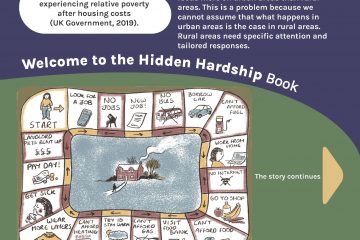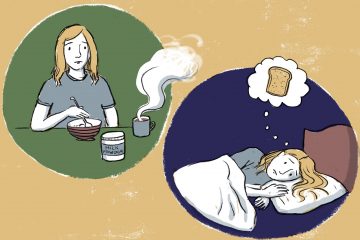Our next guest blog comes from a rural foodbank volunteer, who is also a foodbank trustee and chairman. They reflect on volunteering in a rural foodbank:
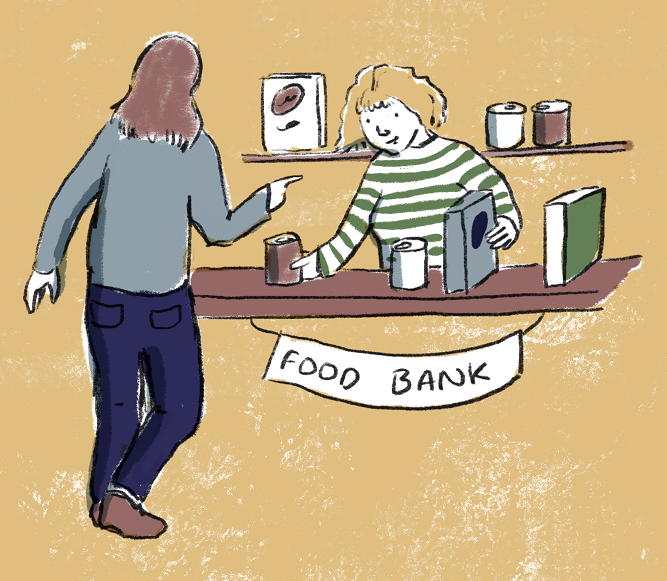
There are many challenges working in a rural foodbank which does give it a unique feature in the national foodbank network.
The most obvious one is geography; it is not just the distances between our outlets and the depot in Guiting Power, (roughly a 30 mile round trip), it is also the distance clients have to travel to access the foodbank. Fuel prices and untreated country roads that can be treacherous in winter pose an extra burden on clients and volunteers alike. Public transport in the rural areas is very thin on the ground and expensive too as the nearest Job Centres are in Cheltenham.
One village in particular encapsulates these issues, Aston Magna between Moreton-in-Marsh and Shipston-on-Stour. It has no shop, pub, church or a village hall, just two bus shelters and a Parish Council defibrillator; it is not feasible to walk anywhere for work and the unlit roads are dangerous. There is a housing estate where families are placed from other parts of the county and so hard stretched families have to have a car to be able to work. Life is not just hard, there is often no choice for housing, jobs or options for shopping for better value food or clothes. To buy children school shoes the nearest shops are in Shipston-on-Stour, Cheltenham or Stratford-upon-Avon, all miles away and expensive by public transport. The internet does provide an alternative but it’s not always easily accessible or straightforward. To access hospitals or healthcare, again it involves expensive public transport to Cirencester, Cheltenham or Gloucester often many hours away.
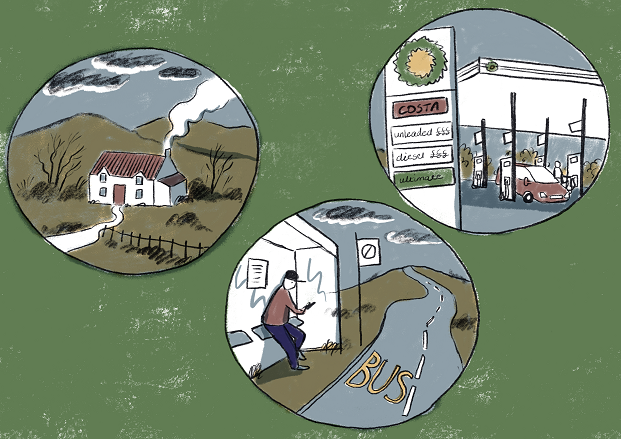
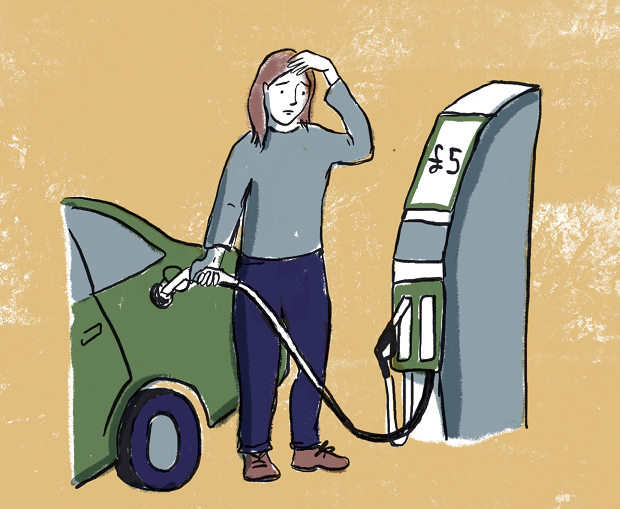
The Cotswolds are a beautiful part of the country and we do have so much to be thankful for. However, there is very little work around and the nature of seasonal or tourist/hospitality work is usually not well paid and with the distances between villages and towns, clients need a car to travel to work. Almost everything connected with transport and cars is expensive, from fuel to breakdowns and MOTs. It is not unusual for a client to come to a foodbank outlet having had a large bill for car repairs which has taken the extra cash for the month.
Another big issue in the Cotswolds is the large number of second homes and holiday lets; it keeps house prices and rents higher than the national average which puts a big burden on those who want to stay close to family or stay in the area where they grew up.
For those living on benefits or suffering from long term medical conditions, life in rural Britain is hard and creates isolation from affordable housing or a wider job market.

